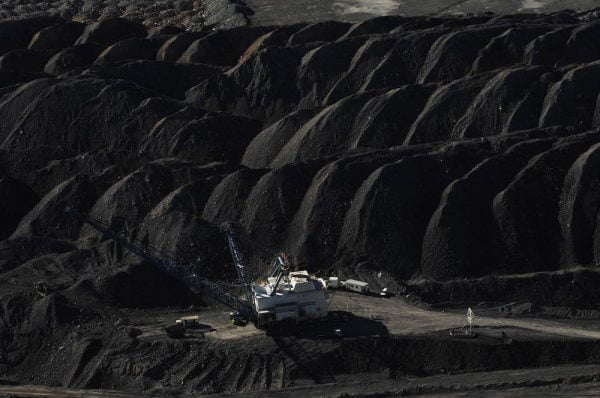Many women are increasingly determined to rub shoulders with their male counterparts in the business circles. It appears that economic sectors previously dominated by men no longer respect any gender codes on occupations anymore. Kundai Chikonzo (35), is one of the many female businesswomen defying the odds. Just last week her company Hawkline Gold Mine in Insiza, commissioned a $1,1 million processing plant.
Chikonzo, who is based in Bulawayo, ventured into mining in January 2019 after a considerable stint in mine administration for different organisations since 2012. Mining had never been her passion, but she later developed interest after working for various mining houses.
“While doing mine administration, I ran a consultancy firm called CheeTee Consults,” Chikonzo said in an interview.
“I started introducing mine development to my clients, but then discovered that most clients were taking time to develop their mines while the takings were good. In 2017, I thought of registering my own mine and implement what I thought was the best and further establish a proper set up, taking note of employees safety.
“I started acquiring equipment, but financial constraints limited progress of the project. That is when Fidelity Printers and Refiners, came to my rescue, to partner with me, through sponsoring my education at Zimbabwe School of Mines. Dulys Motors also chipped in by supplying the tractor to make my project a success,” she said.
This marked the birth of Hawkline Gold Mine in Insiza District, Matabeleland South province. This is considered a major milestone in a predominantly male industry, which has had a poor record of attracting and retaining women. This is quite understandable as historically, the mining sector was male dominated. The winds of change have come with more roles and opportunities for women to participate.
Chikonzo said today’s mining is being reset and recalibrated to be more diverse and inclusive and as is evident today when women’s contributions are exceptional.
Mining is crucial to the economic development of Zimbabwe. Yet it is fraught with challenges of safety, risk that may exclude other players such as the vulnerable, which include widows and people living with disabilities.
“I would like to bring special attention on the need to address aspects of inclusion and participation of persons with disabilities. I believe the development and diversity in the sector creates an enabling environment to reaching new plateaus of inclusiveness.
“As Hawkline Mine, we have made great strides in ensuring that women get the opportunity to participate and work within the sector. Those who are physically challenged, have also been given an opportunity to demonstrate that disability is not inability. We have one at Hawkline Mine, who has one hand, but he proved to the nation during our commissioning of the plant that disability is not inability.”
While mining communities have the precious resources critical for economic development, such communities are plagued by poverty, income insecurity and lack of access to education, which consequently negatively impact on the welfare of children.
“Further, Hawkline is not only extracting the resource but giving back to the community through employment and helping on the construction of a community hall,” she said.
“In this regard, in the community where Hawkline Mine is situated, we want to contribute to the development of a protective ecosystem for the children of the community we work with, for them to be valued, heard, educated and nurtured,” she added.
“We want to achieve this through sports as we work hard to change the attitudes and norms around the development of children in mining communities. Through corporate social responsibility programmes we are ensuring that the mining sector is moving beyond just producing ounces but is also focusing on sustainable development.”
So far there are a number of women who have distinguished themselves in mining and these include Chamber of Mines of Zimbabwe president Elizabeth Nerwande and president of the Zimbabwe Miners’ Federation, representing small-scale miners Henrietta Rushwaya.

